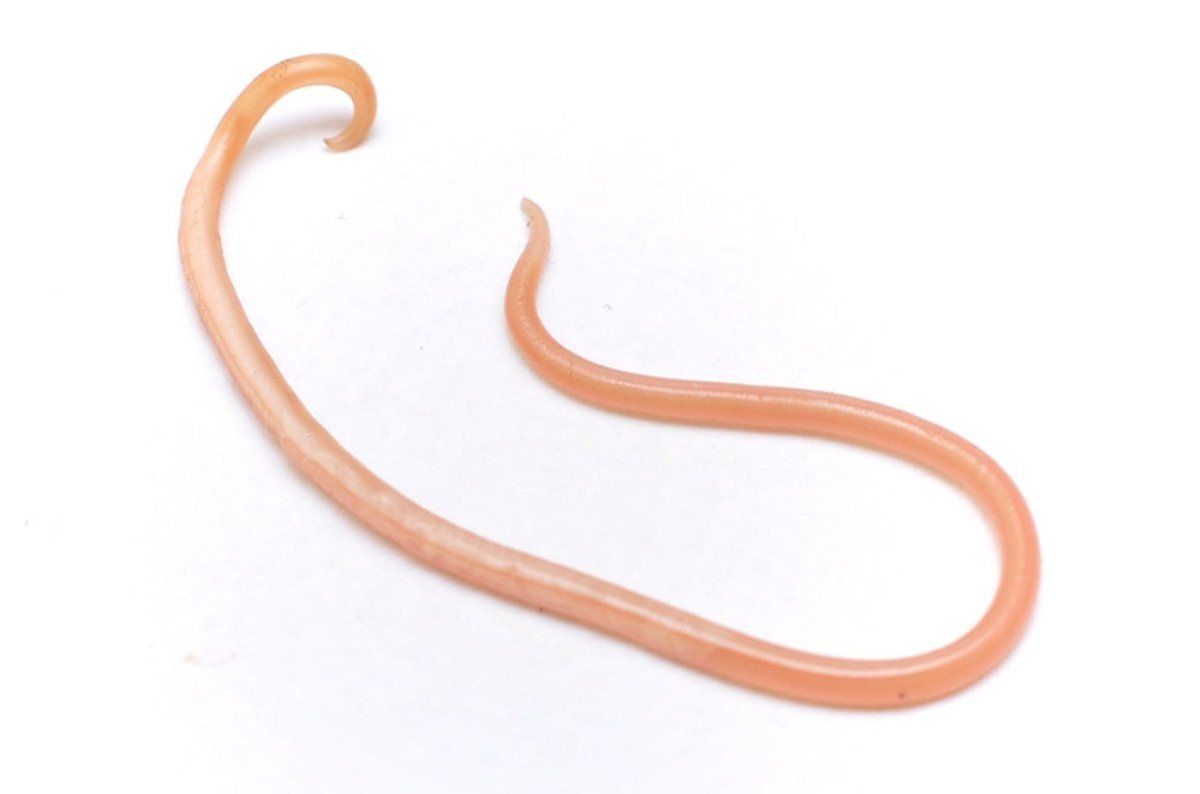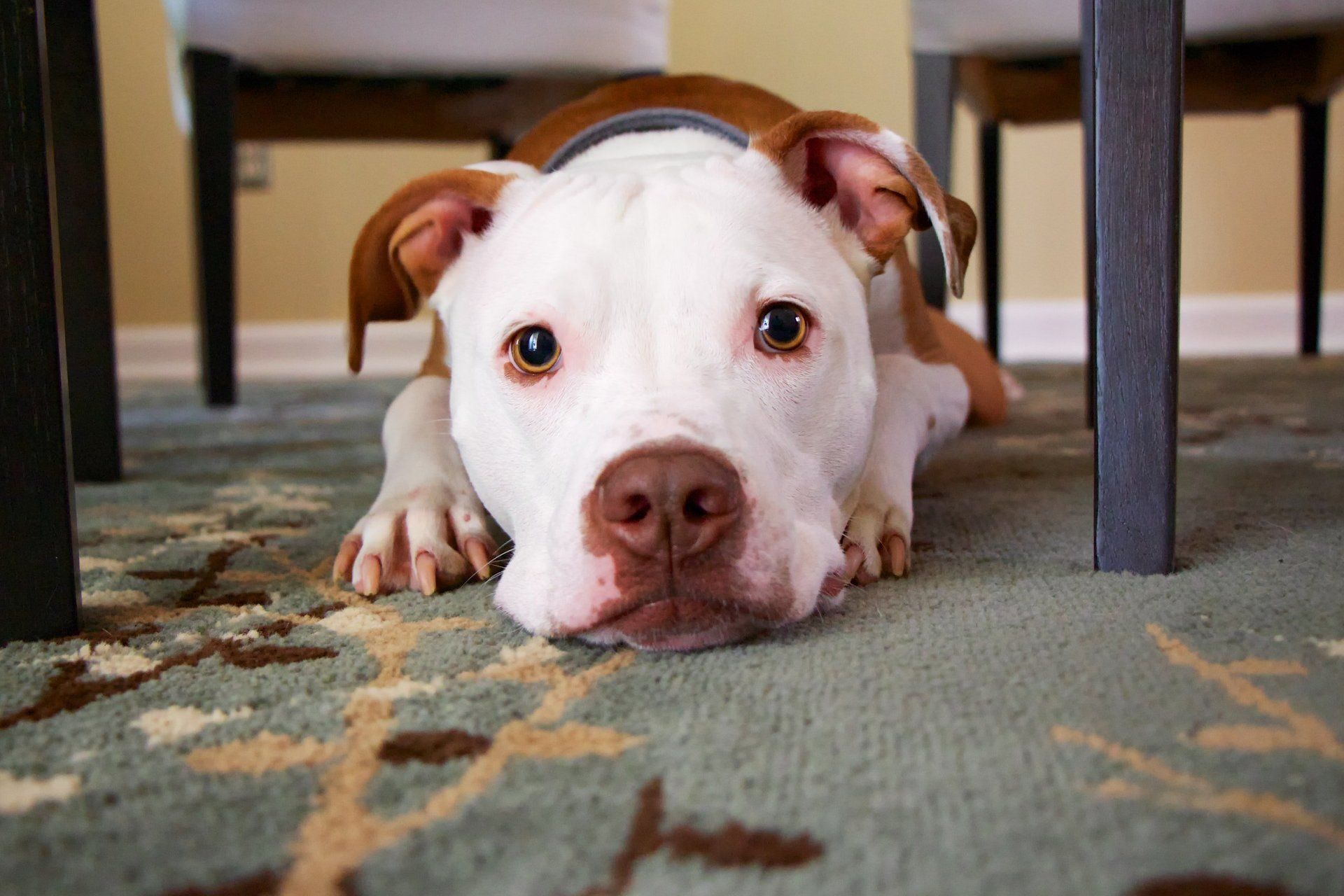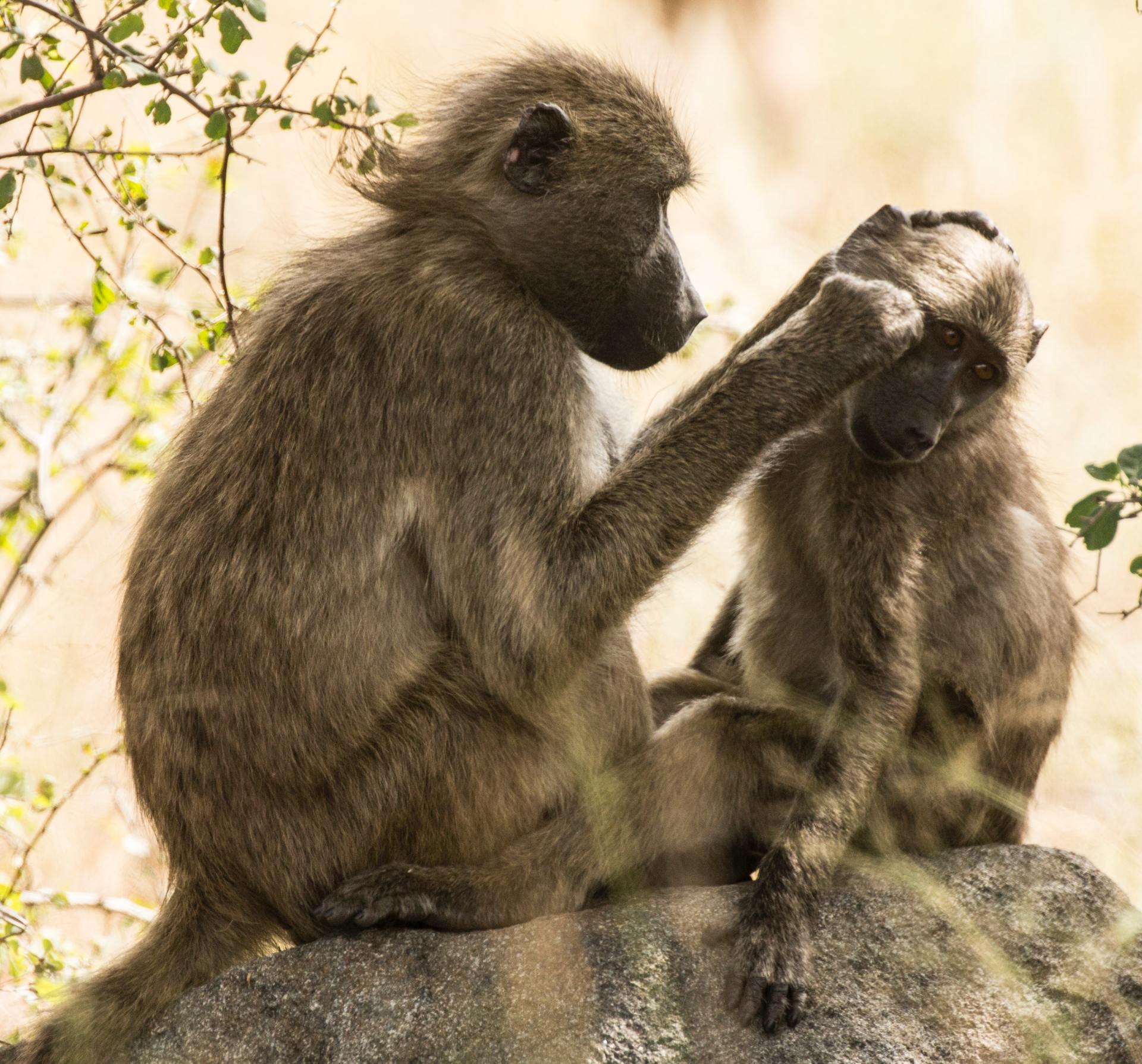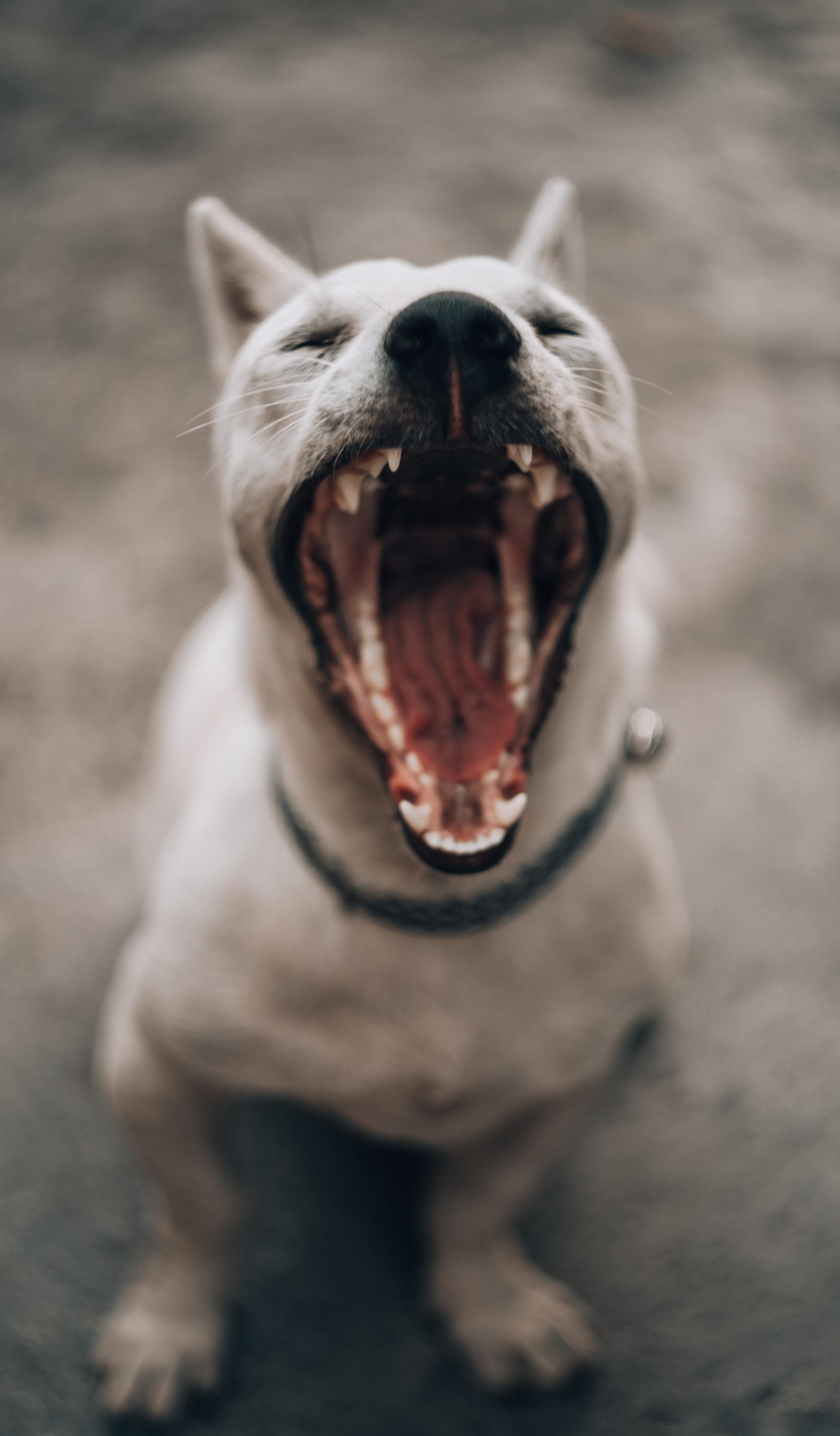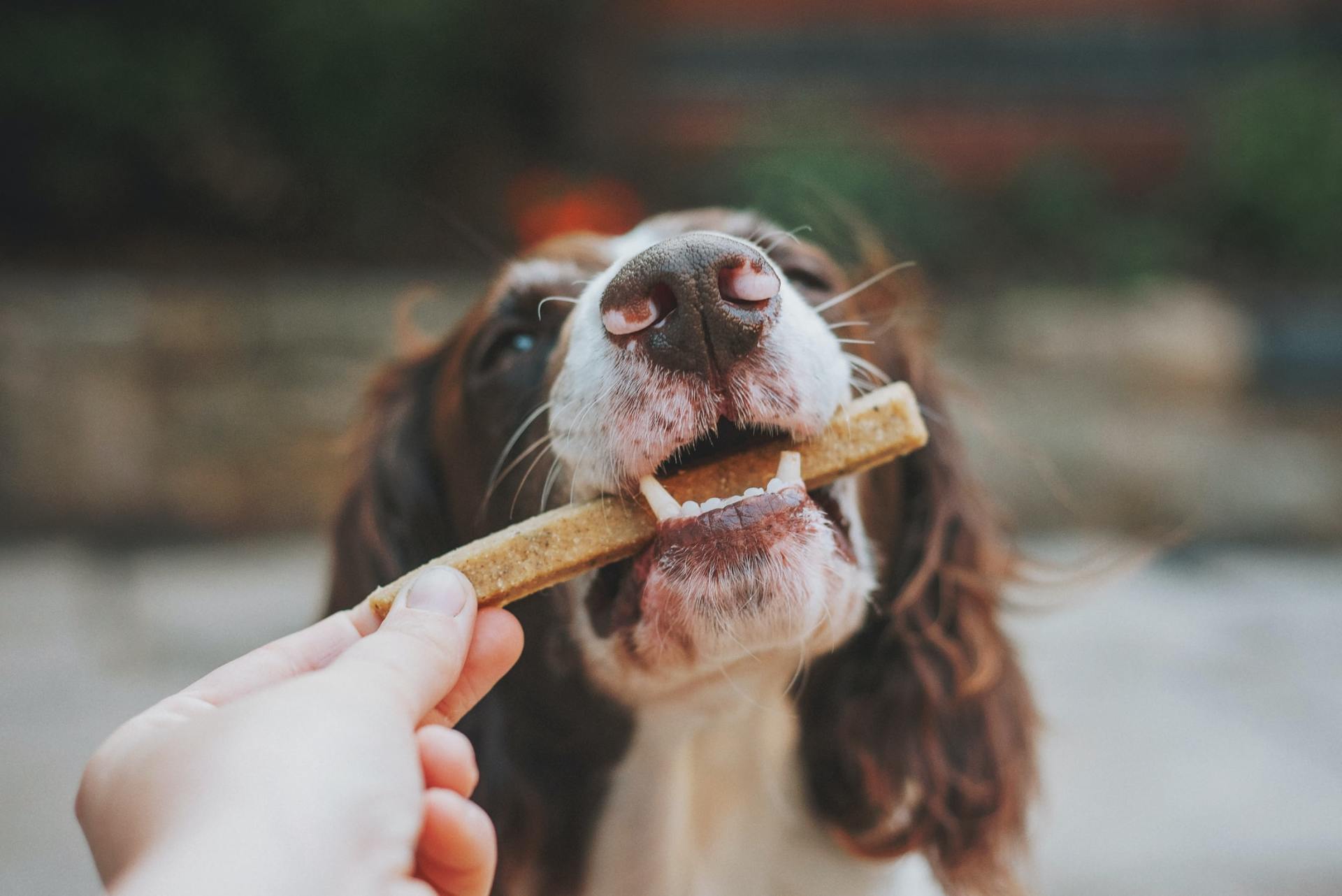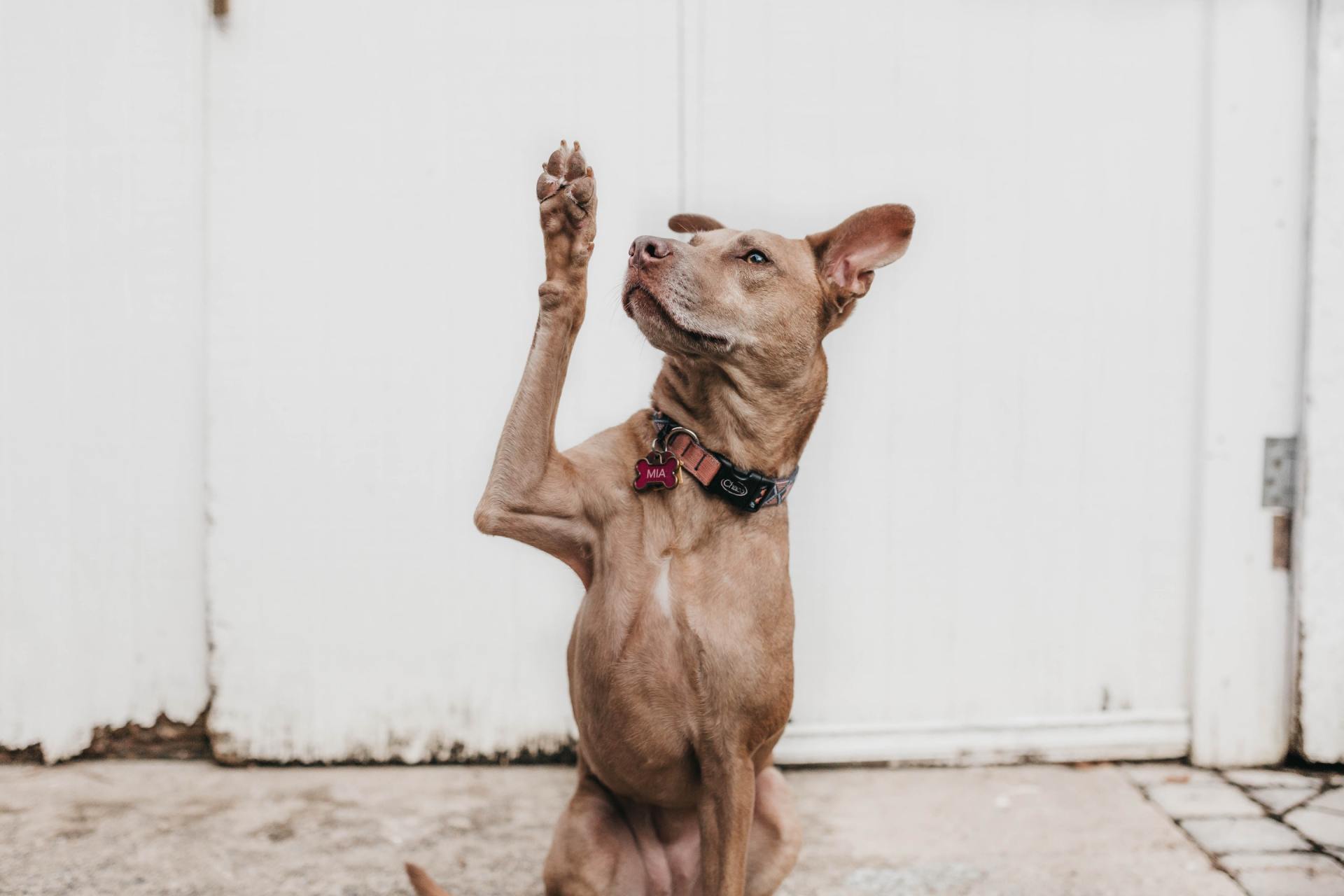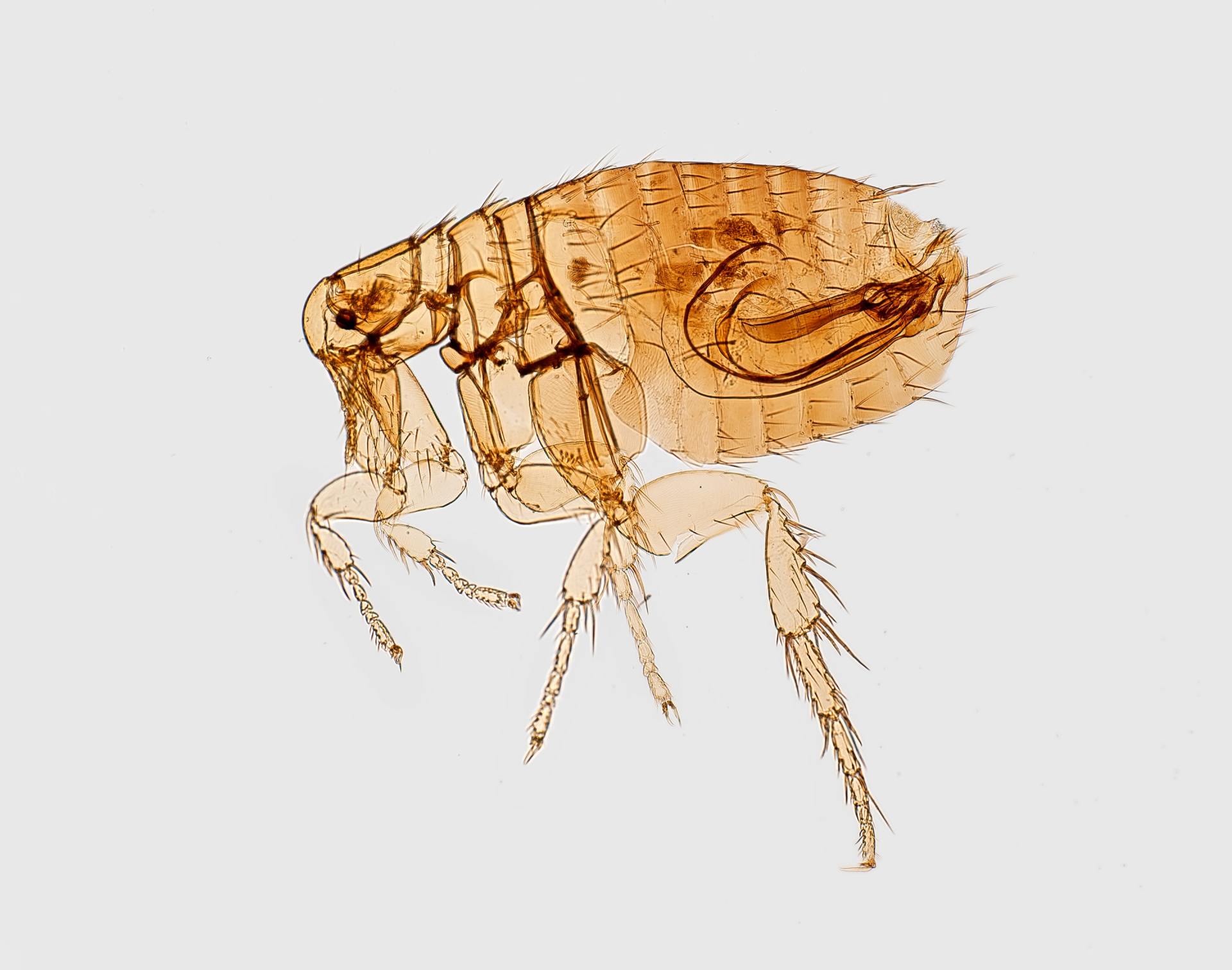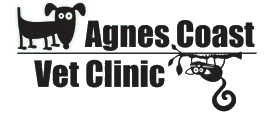Wild Life Care
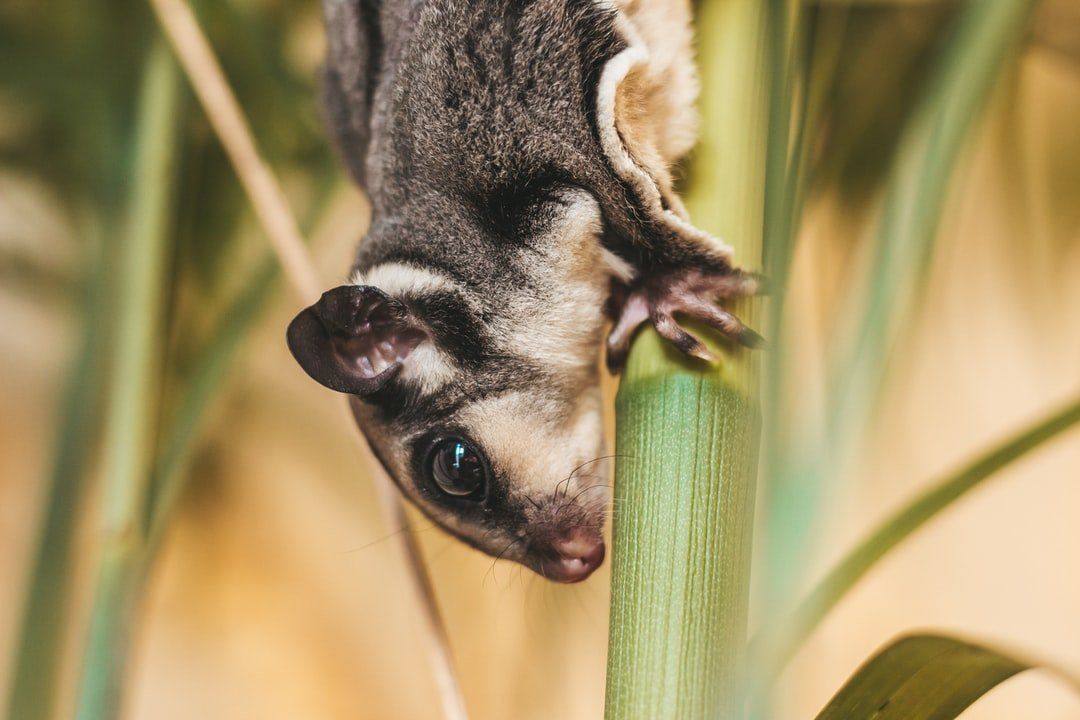
- training wildlife to feed from humans reduces their natural fear response and so puts them in grave danger of attack by domestic pets
- people often feed wildlife human or pet food which isn’t appropriate for them, however the animals will happily accept a free meal even if its not good for them! For example mince is much fattier than a kookaburras normal diet and causes a coating of grease inside a kookaburras beak, this causes serious feeding and digestive problems. Similarly green lorikeets will happily eat seed you put out for them, but it permanently damages the delicate feathering on their tongue thus preventing them to feed on their natural diet of nectar. And a roos gut is designed to digest low quality Australian pastures, not the fruit & grain many people offer them.
- wildlife that learn to expect food from humans show a reduced foraging instinct, so they seek out less of their natural diet than they need and so seem even hungrier when you offer them food
- Australian wildlife regulate their breeding depending on the food available to them. Feeding them leads to over-breeding and over-populating and therefore starvation in poorer seasons or when you may go away
Great things you can do:
- - plant the right trees and shrubs- wildlife love natives like grevilleas and callistomon (bottle brush) and other natives to feed on
- provide a permanent water source where they can bathe and drink
- If you are building on your rural block, clear trees selectively and with thought to the local wildlife
Many dogs find it fun chasing kangaroos, and most owners don’t realize that when a kangaroo gets exhausted from being chased they develop a muscle condition (myopathy) which is not only painful but usually fatal. Please call your dogs away from chasing kangaroos. And another obvious one is to lock your cats up at night rather than leaving them out to hunt.
And finally, slow down out there!! Reducing your speed on the roads is obviously safer for us all as well as safer for wildlife.
In the event of wildlife needing medical care, please contact us, or one of our incredibly hard working volunteer wild life carers. Yvonne 4974 9362 or Lee 4974 7738.
We moved to this beautiful area to enjoy the nature that surrounds us so please help to protect it.

